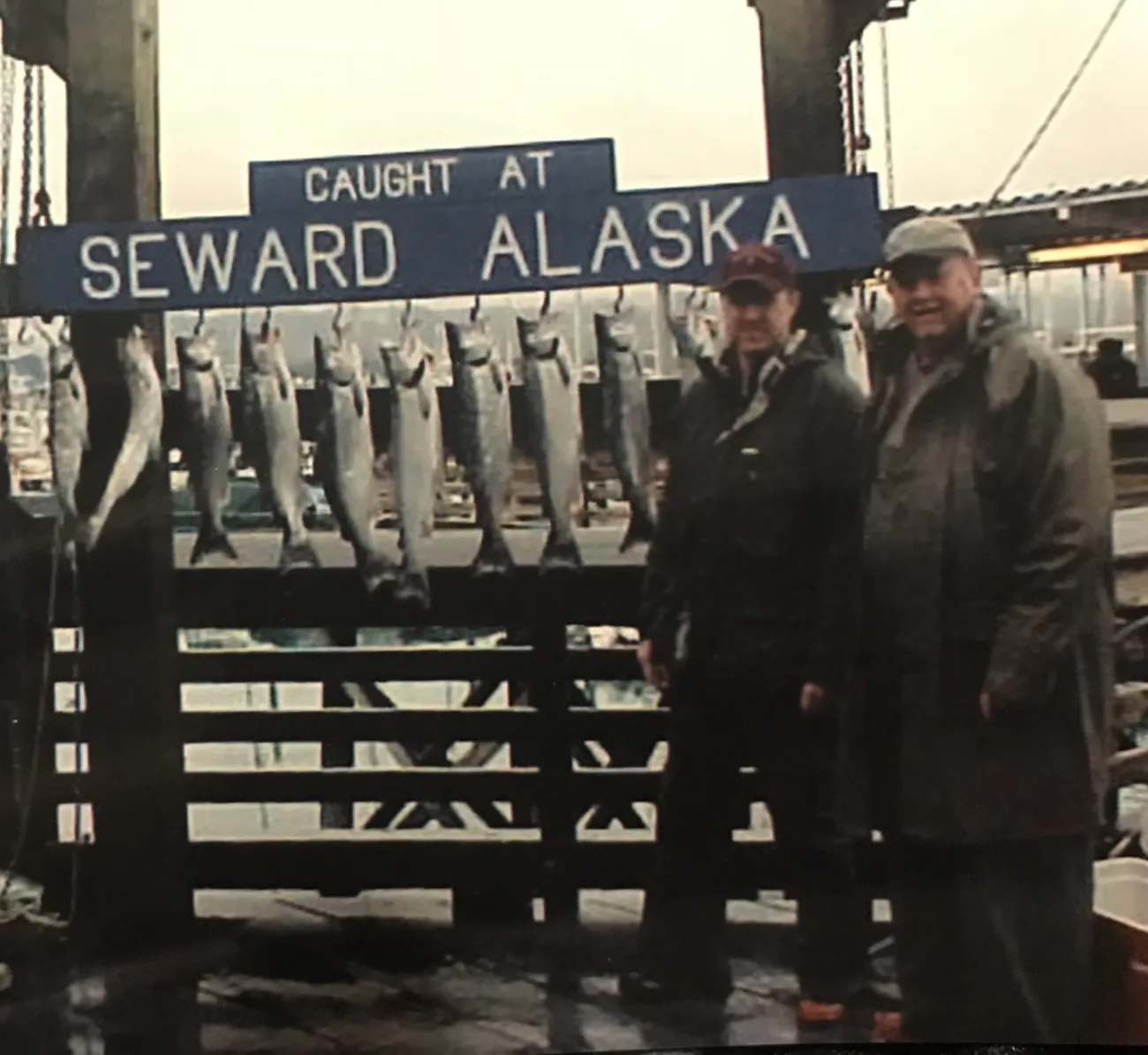The life of an account manager or sales professional can often feel isolated. We're always chasing a number—a cold, impersonal measure of our life’s work. For road warriors like us, it’s not uncommon to get to know our customers better than the people in our own companies. Over time, clients become a part of our legacy and personal story, shaping the meaning of our careers. We think about them, follow their journeys, struggle alongside them, pray for them, and even form deep friendships. Occasionally, a client transcends the professional relationship and becomes a mentor. For me, Charlie Drummond was one of those people.
Charlie served as CEO of Cascade Regional Blood Bank during the mid-2000s, and he was my client for over 15 years. When he retired and moved to Colorado Springs, he “asked” me to help him move into his new home. It was always hard to say no to Charlie. I still laugh at the memory of us trying to get that mattress up the stairs—my back may never recover!
Charlie was an early adopter of Continuous Controlled Environment Monitoring (cCEM) and other technologies relevant to blood banking. While he might not have immediately struck you as an innovator, he certainly was. His team was among the first to implement real-time online donor registration in the mobile environment, —an ambitious and forward-thinking undertaking for a small blood center at the time.
For a sales rep, Charlie was the kind of challenge you respect. With his Eastern Shore of Virginia accent and gruff first impression, he could be intimidating, but he held me accountable and taught me a great deal. Our conversations evolved into something I came to truly enjoy.
One particular experience with Charlie left a lasting impression. I was presenting a proposal to him and his team—a concept the marketing gurus would call a "disruptive innovation." It was going to be a leap of faith, and not without risk if they went forward. During the presentation, the CFO skillfully dismantled the ROI and financial assumptions built into our program. No sales rep enjoys that part of the job, but it’s a crucial role the CFO plays when a large, complex deal could significantly impact the company.
Afterward, I had dinner with Charlie, expressing my concerns that the team didn’t trust our analysis or see the potential. I was particularly worried because the projections were based on their own worst-case scenario numbers. Charlie, sensing my unease, said something that I’ve reflected on for a decade:
"Will, it doesn’t take great leadership to make a no-brainer decision. Rarely will numbers alone tell you what to do. My job is to lead our team in making these decisions."
This struck a chord. The problem with many data-driven organizations is that data doesn’t always provide clear answers, especially when it comes to innovation. As organizational theorist and systems thinker Russell Ackoff pointed out, "Innovation is a discontinuity. To innovate is to break away from the comfort of past performance." Leadership, as Ackoff emphasized, isn’t about incremental improvements; it’s about leapfrogging through creativity.
The tongue and cheek meme of being data driven might also be read. “Making decisions about tomorrow based on what happened yesterday”. That is fine for incremental improvement. But not for changing the game.
However, sometimes the data isn’t clear, or there isn’t enough data to make a solid projection, and yesterday’s data does not show us the future. As Peter Drucker put it,
“Trying to predict the future is like trying to drive down a country road at night with no lights while looking out the back window”
It is probably why he follow up with,
“The best way to predict the future is to create it.”
In these moments, a leader must also summon their reason, intuition, and imagination to fill in the gaps.
Since returning to Rees, I’ve shared this story with many on our team. Many of us fondly remember working with Charlie at several blood centers in the early days of our company. At Rees, while we generate and analyze data, we know that leadership requires more than just numbers—it requires guidance, experience, and a commitment to compliance. We are a service-driven company, innovating through our people and creating a new future for program compliance.
Charlie passed away on August 21, 2022, at 81. He was a medical technologist, a blood banker, and an avid outdoorsman—much like me. Our paths in life were remarkably similar, though separated by generations. I truly enjoyed getting to know Charlie and his family, and I’ll always treasure the memories of us fishing together in Alaska.
Godspeed, Charlie. Thank you for everything.
Written by Will Traylor MT(ASCP)
